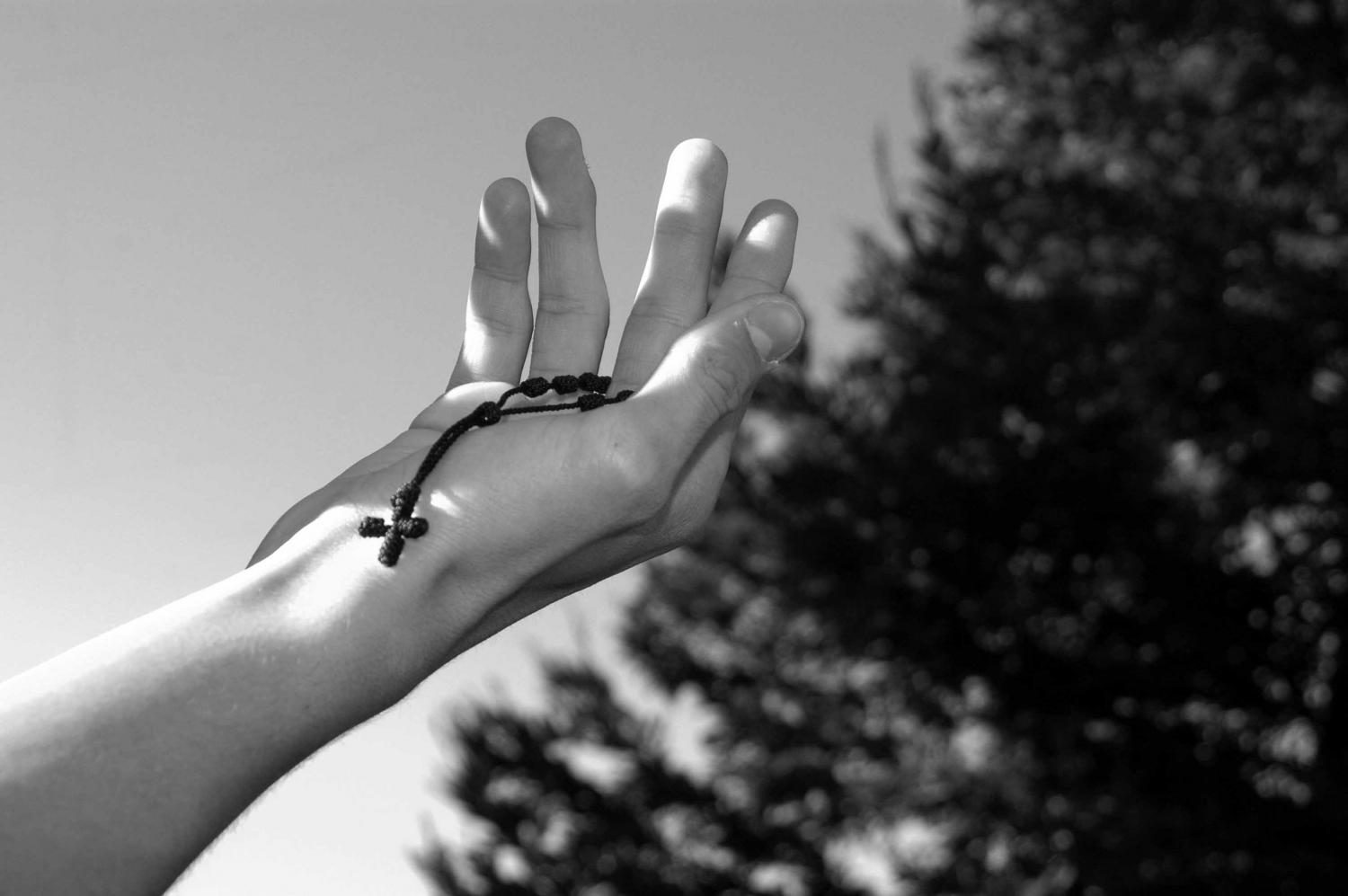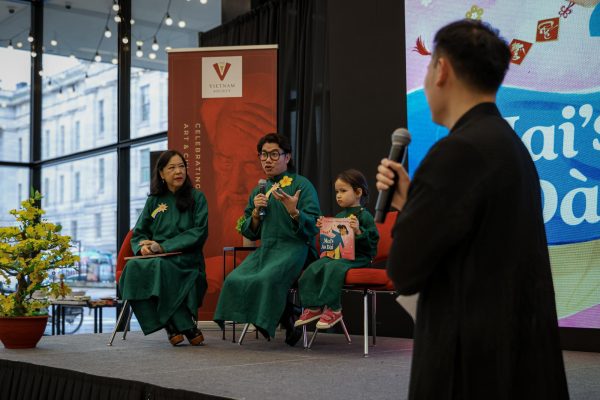A Higher (Educational) Calling
Another, more unlikely, change: religious habits. After arriving at AU, students’ spiritual lives often become more focused on exploration and tolerance than on continuation of prior practice.
With a fast-paced college lifestyle, religious observance “just hasn’t been much of a priority” for Catholic freshman Emily Luft. At home she used to attend mass every Sunday, but hasn’t been going since arriving to AU. “I put it on the back-burner,” she said.
Sophomore Angela Smith, also Catholic, has also prioritized college life over religious life. “I don’t go to church unless it’s for a special reason,” she said. “I’ll go to support friends who are involved, or just to go socially, or for special holidays. If I have spare time I usually try to catch up on sleep or work.”
But other new college students have found continuity in religious practice, providing a foundation for the transition to a university setting. Freshman Ethan Miller still observes regularly, both at home and at school. “Most of my Jewish faith is tradition and rooted in history,” he said. “My strong connection is familial, historical and cultural, and is a constant reminder of the morals and standards with which I was raised.”
The same can be said for freshman Emily Fuller, also Jewish. Fuller’s observance at college is “pretty much the same,” except that she doesn’t have her family alongside her. “It’s weird to attend services without my family, but when I don’t go, I feel a little guilty,” she said.
The value of faith is even more apparent to sophomore Duaa Malik. Between 16 credits and two jobs, her Islamic faith has given her a sense of balance. “I felt that religious practices added a sense of peacefulness to my crazy everyday life,” she said. “It gives me something to hold on to and hope for.”
For college students — especially those who have to juggle school, work and other responsibilities — religion can be a powerful mediating force. “Celebrating in worship provides a person with a sense of community that is committed to a transcendent value,” according to Mark Schaefer, United Methodist Chaplain at AU. Schaefer said he has seen an across-the-board spike in religious attendance at school. “We [United Methodists] have doubled attendance over the last several years,” he said.
Moreover, a study published in the Winter 2010 edition of Sociology of Religion found that college students who attend religious services regularly report both higher academic achievement and overall life satisfaction.
Regardless of their observance patterns prior to college, some students find that university life offers a new opportunity for spiritual exploration and instills a sense of religious tolerance and acceptance. “People should explore religions, learn about different faiths and then incorporate it into their life as long as they can be informed,” Emily Luft said.
University Chaplain Joseph Eldridge emphasizes the role that faith can play in both personal growth and community building. “Kay [Spiritual Life Center] is here to help students give expression to the deeper spiritual yearnings of the heart as they open themselves up to trying to figure out what role spirituality and religion are going to play in their lives,” Eldridge said.
And while all religious communities at AU have dedicated participants, Schaefer acknowledges that religious practice is not for everyone.
“I am not sure that participation in religious ceremonies is, by itself, something people should be doing,” Schaefer said. “But I do believe that it would be good for people to be involved in communities that help them to wrestle with deep questions and discern meaning.”
College is often described as adulthood with training wheels. With a host of new obligations facing college students, it is during this time that students establish the values and practices that they will carry with them beyond graduation. It makes sense, then, that college students would benefit from exploring their faith. Religious communities can aid in the process of self-discovery and help solidify the foundation that students need for the rest of their adult lives — when they will be riding with only two wheels.
Photo by Felicia Afuan












